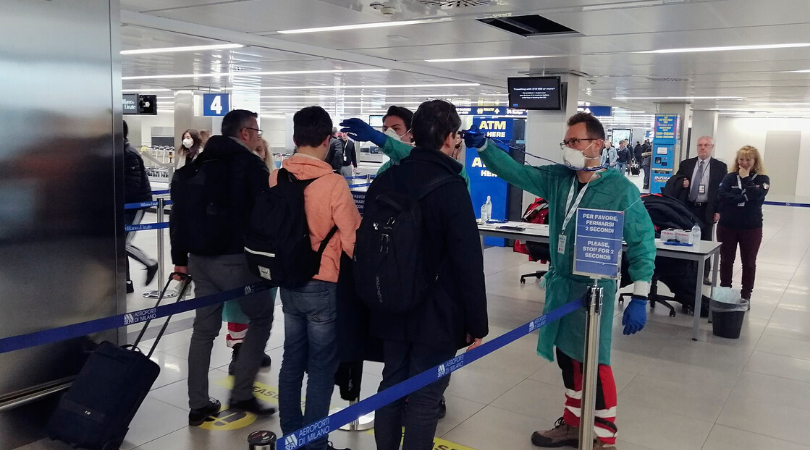In episode two of our fortnightly COVID-19 webinar series, healthcare Portfolio Manager, Dr Nick Cameron outlines a key metric that policy makers will consider when deciding if COVID-19 containment measures should be lifted.
This webinar was recorded on 9 April, 2020. To view the full webinar, including comprehensive insights from the Antipodes team on its approach to investing in current global markets, click here.
You can register for upcoming webinars in the series here.
Episode 2 Part 1 – Transcript:
Dr Nick Cameron:
When we’re waiting for a vaccine and waiting to find if drugs work and the curve is flatting, governments are stuck with the decision of whether to keep social distancing and restrictions in place. Until we have a vaccine – which is the ultimate remedy for the situation and provides ultimate confidence for governments (to take the chains off the economy) and for people – I think we really need to consider the healthcare system’s capacity or ability to be able to deal with the severely affected patients and that is particularly looking at ICU’s.
So, whether or not this virus is a seasonal virus, or whether indeed early relaxation of restrictions sees another wave coming, the ICU and ventilator capacity will be the key metric that policy makers will consider when they’re looking to lift restrictions. For example, we’ve taken a look at some of the major geographies across the world and their capacity (or ICU beds), and what we’ve done – represented in the chart below (see slide 4) – is run a scenario and basically made some key assumptions:
- We assume all ICU beds now are 50% available. That assumption is based on, at any one point in time, there’ll be car accidents, trauma, multiple critically ill patients that will need ICU anyway, as an underlying, let’s call it “baseline” activity. And through the actions of healthcare providers and hospital operators, they’ve been able to free up a bit of capacity as well from elective surgeries. So we arrive at a fairly broad assumption that 50% of beds are currently available for ICU COVID patients.
- Based on Chinese data and also experience from other geographies, including the US, it appears as though roughly 5% of COVID cases may require an ICU visit or ventilation.
So, using these assumptions we have a look at what the current case load is in some of these countries and you can see in the dark bar, this is the current number of ICU beds available per 100,000 people. Next to it, in the orange, you can see these are the potential cases, based on the current number of cases and 5% of them requiring ICU.
What you can see is that in some of the European countries, particularly Italy, France and Spain, that there is quite a shortage there and there is a clear direct link between the capacity to treat these patients in ICUs and the case to fatality rate.
The good news story is that the curve is flattening, and growth rates are slowing in some of these countries, in particular Italy, and so some of the pressure on the system may abate. But what’s not clear and what is not represented in this case is just how much capacity has been added quickly and then also what the potential second wave may look like and how severe it is.

